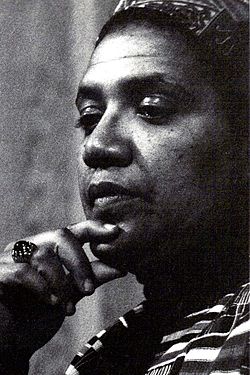|
Some general characteristics of contemporary poetry include:
- Interest in the individual: Like modernist poetry, post-war English poetry places a strong emphasis on the individual, their experiences, and their emotions.
- Rejection of traditional forms: Post-war poets often rejected traditional forms of poetry and experimented with new forms, including free verse, prose poetry, and visual poetry.
- Political and social commentary: Post-war poetry frequently engages with political and social issues of the time, such as the Cold War, civil rights, and feminism.
- Confessional poetry: Some post-war poets, such as Sylvia Plath and Robert Lowell, wrote confessional poetry that explores their own personal struggles, often with mental illness or family issues.
- Use of irony and humor: Post-war poetry often employs irony and humor to critique the social and political status quo.
- Interest in language and sound: Post-war poets often experiment with language, using sound, rhythm, and wordplay to create new effects and meanings.
- Eclectic influences: Post-war poets draw from a wide range of literary and cultural influences, including modernism, surrealism, jazz, and popular culture.
These characteristics are not exhaustive, and there is considerable variety and diversity within post-war poetry. However, they provide a sense of some of the key features of the period.
|






